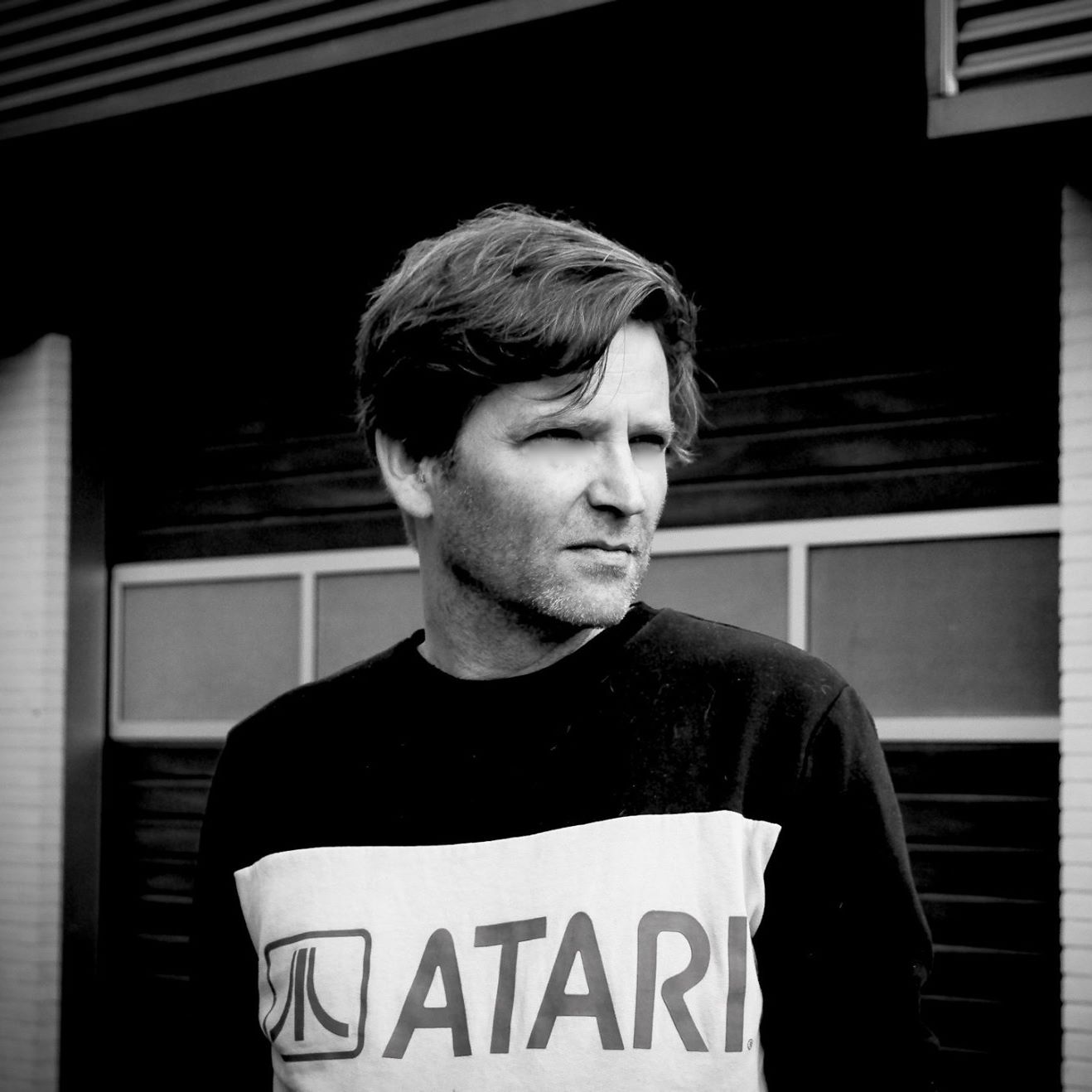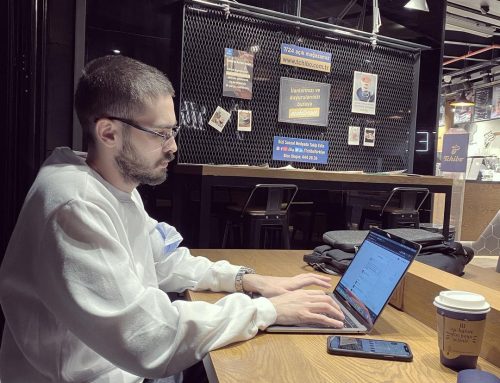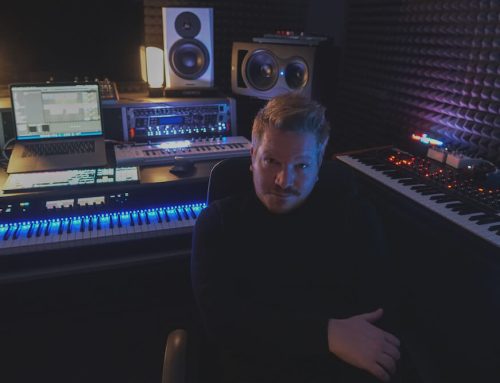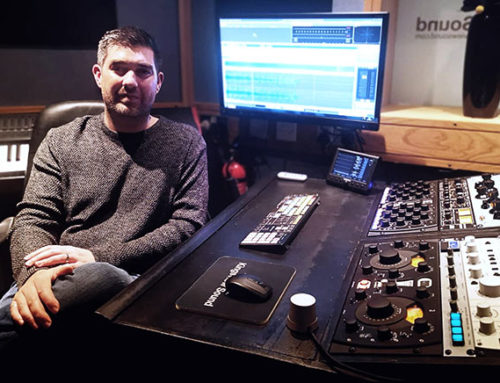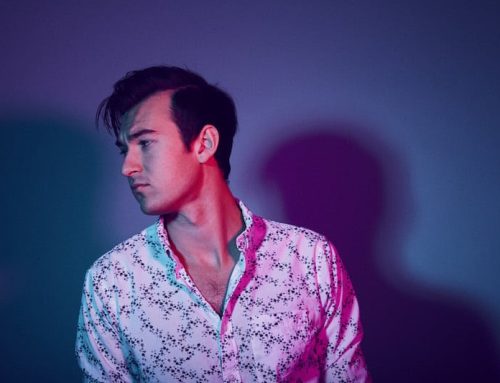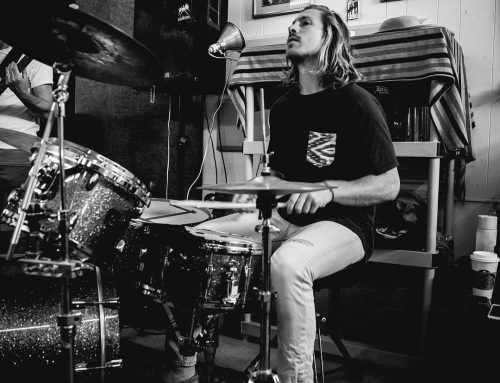Intro
Hi Mischa,
Thank you so much for joining us for this interview.
My name is Llane, the founder at Musixon and I’d appreciate you sharing your experiences and general ideas for our community to improve their music career. As you know the music industry like any other keeps changing and now we’re at a place where it’s so important for producers or engineers to be able to do their work in home recording studios or even when they’re not in a studio. I realized you’ve been working on a new product that helps music professionals with that which really inspired me. Let’s begin!
Please tell us more about yourself and briefly explain how you’ve built your career since starting.
Thanks, Llane for this opportunity. We all want to improve. I have to get a bit philosophical now. A young child hears music without a real opinion. It’s just a feeling. A producer is an expert who knows a lot about music as a separate individual already shaped by the world arising for him or her.
As soon as a child receives his “ me”, the child feels separate. As soon as the child is feeling separate, the child develops a system to negotiate with a lot of other me’s and this becomes more and more sophisticated. The child learns to find pleasure and avoid pain. The only thing we want is NOT to feel separate. This is our struggle. Music .. Music is the one thing that can unite people. And therefore it’s our only collective tool for not feeling separate. This is the true power of music.
To make extraordinary music you need your inner child without the “ me “. It should feel like a connection with something bigger. If you are “in the zone“ it should feel like you don’t have to make a lot of effort. It’s just creating itself. To create music by thinking and avoiding pain is the standard somehow. People don’t like change.
I stopped my education at a young age. My parents and my teachers repeated every day. Don’t make errors! Never make errors. Do your best. You have to learn everything. Your inner voice is not telling you the truth. You need to earn money and lots of it. This is how the world works.
I Am crazy, I know. But I truly did not like it. Every year of education I felt like dying a bit more. I wanted to be me. Let me also point out that it’s very unwise to do so. You really have a mental condition if you also want to try this route in life :)
I have worked for 15 years in a factory. Started as a cleaner and left as a programmer for robots. Learned a lot. Just working and developing was the way for me. Always want to learn a bit more on my terms.
I always produced my own music. The first love parade Berlin. Deep dungeons of grinding beats. It really was my happy place. With the lack of money, I had to build my own studio. I made my own studio monitors. I made a midi controller way before you could buy them. If I encounter a problem I try to solve it. That’s me.
I have made a lot of records and got in contact with some famous producers. One of them visited my DIY studio about 20 years ago. He totally fell in love with the sound and clarity. My first customer. Who later on started working with Armin and you get the picture. Stopped working. Fully devoted to building studios.
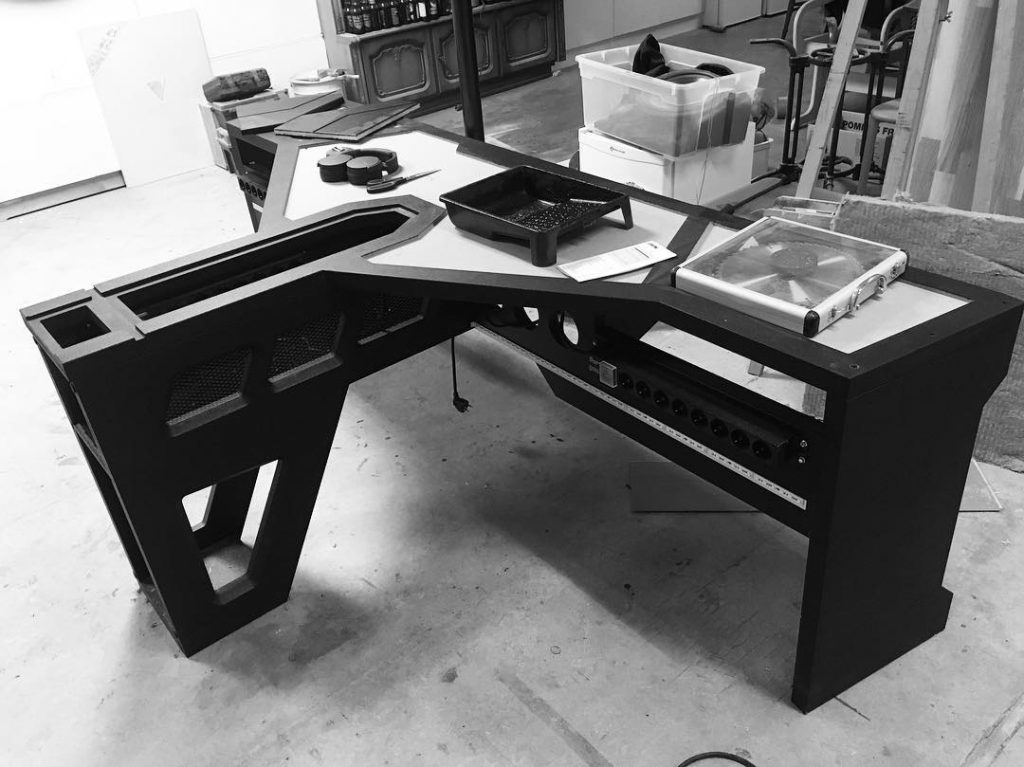
Source: Instagram
My problem was that I have learned a lot about everything. This is also my burden. If you know how to do it and you need someone else to do it. That’s a completely another way of working. Never had built a team. It’s not 36 hours of work a week more like 100 + and even then it’s hard to get everything just perfect. The sphere is 100.000 frustrations and totally focus on solving them all. Totally overworked. If you want to work hard. Really hard the world will give you an opportunity. To snap out of this. To create something that’s not only a solution for me but for the whole industry.
If you totally focus on acoustic problems you logically end up with the SPHERE.
If you hear the same you can talk about the same. The “ glue “ for all artists globally.
As a music professional, what do you think the biggest challenge is when it comes to mixing or recording at a home studio?
The biggest challenge is to stop thinking. When we think we are trying to find solutions and most of the time our brain pictures all kinds of expensive stuff. Close your eyes and just listen. Analyze. If you can truly feel the “problem “, do an eq adjustment if it pops up in your mind. The adjustment also with closed eyes.
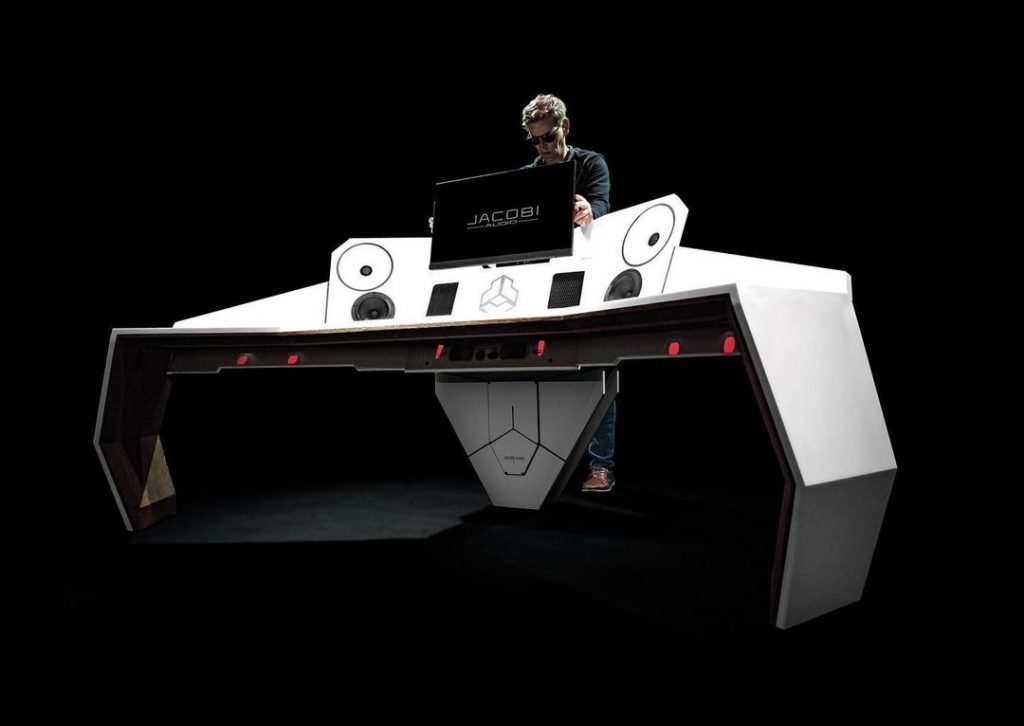
Source: Instagram
Tell us more about your product “SPHERE”. How does it actually work? And what took you to start working on it? How it works.
The idea is to avoid problems compared to fixing them. Fixing them is building a studio. If you keep a lot of sound = energy @ sweet spot you avoid problems. The sphere is a horn-loaded hybrid dipole. All the sound @ sweet spot also develops behind the desk. I Am using both sides of a speaker cone and the whole shape of the sphere is not a design. Its nature laws. I want the front side of a speaker to meet its counterpart with a little delay. Enough delay to fully hear but I don’t want it to go to any walls.
Another way to explain is the idea that the acoustics industry doesn’t talk to the studio monitor market nor the studio furniture market. If you are serious about acoustics. If you are aware of the importance. And the only option you have is to build your own set of gear where all elements are separate purchases without any guarantee about the end result… Arrest my case. The SPHERE is the first car .. the first phone. The first plane. A complete small form factor universal hi-end studio. Consolidated.
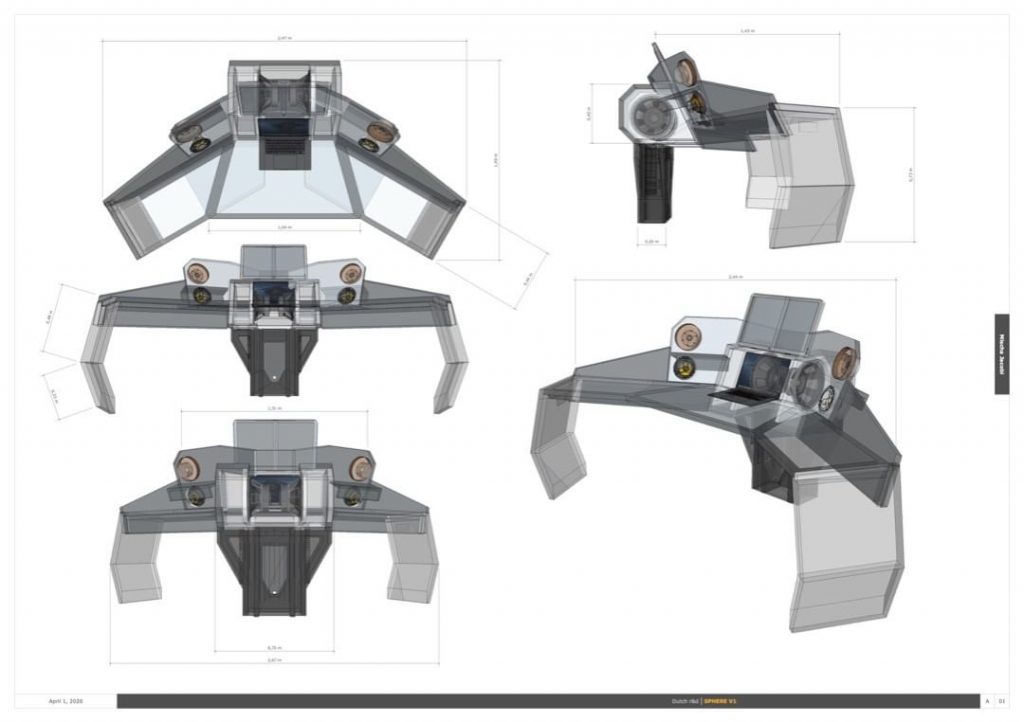
What do you think makes one perfect sounding low-end spot?
A normal nearfield/midfield setup with a subwoofer. Try to imagine that sound travels at the speed of sound interacting with the room within a few milliseconds. A subwoofer first needs to fight the room but the room always will win. It’s just simple physics. Some notes will sound longer than others. Other notes will disappear for the most part. Sometimes a low note only is heard left or right. A Lot of problems. I have measured 100’s recording studios and home studios.
I have never heard strong tight effortless bass like the sphere anywhere. As explained. To feel free also has to do with an adequate volume level. With the sphere, the positive air pressure and negative air pressure enters the room at the same time. This means that the walls don’t vibrate. Your neighbors will thank you for that. Creative freedom anywhere. If the room is smaller the negative energy will also interact more strongly with the direct radiating sound. In other words, the sphere adapts in any room.
Have you tried mixing on headphones? Do you think it’d be possible to shape and mix a nice low-end while mixing on headphones?
I have tried a lot of mixing on headphones. My personal thoughts are that you can always use headphones for the creative part of making music. Even mixing with it. We have curve correction software now that works like a charm. The problem with headphones is the stereo image. The headphones are hard-panned left/right. 2D sound. You can only hear 3D sound in a physical room, your head, and monitors in a triangle.
Headphones for low-end mixing. Why not! It’s the purest way to drive your ears. Just remember that if you hear the sound by headphones you will probably add more coloration to the sound. Our brains want to hear a space. If you add a space to your headphone mix your music will sound like a space in a space with loudspeakers. 2 X space/ verb is noise.
What are your favorite studio monitors? And why would you say that?
My favorite studio monitors are small! 4 inches to 5 inches.
The reason for that is that you focus on musical content. It’s normally a lot easier to do a vocal balance on small monitors. They are also the best for a real live check. They avoid focus on the low end. You will add harmonics to your sine bases. If you buy monitors that can give some good bass you have to spend a multiple of the purchase price for acoustic treatment. If you buy monitors for 750 euros spend 1500 on acoustics. Then you can actually hear the 750 euro spent.
Many industry professionals use analog outboard gear made from decades ago… the 50s, 60s, 70s, etc. While now that most music professionals use digital plugins for their mixes, the industry plugin creators still want to get the sound of that old outboard equipment. What do you think the reason is? Can’t we beat the old vintage outboard gear with new devices or even plugins in 2020?
Not that question! Haha. Ok, you asked for it :) The true reason for the “original “vintage “is proof. People can prove that machine X is used by famous artist X, X, X. That gives confidence. Those artists are busy thinking their way through music.
I have an opinion! I have an opinion! They try to avoid pain by convincing people and they search for pleasure on forum’s “ I have it “ nothing wrong with that. The truth is that most vintage machines sound different.
So if you copy a specific vintage machine with modern tech. You really can’t hear the difference in a mix. Let alone that you also added some fx. Impossible. Don’t you worry? With today’s technology, you have all the tools you need. Just close your eyes. But I would buy an old vintage if I had some spare money. Just because it’s such an important part of our musical history.
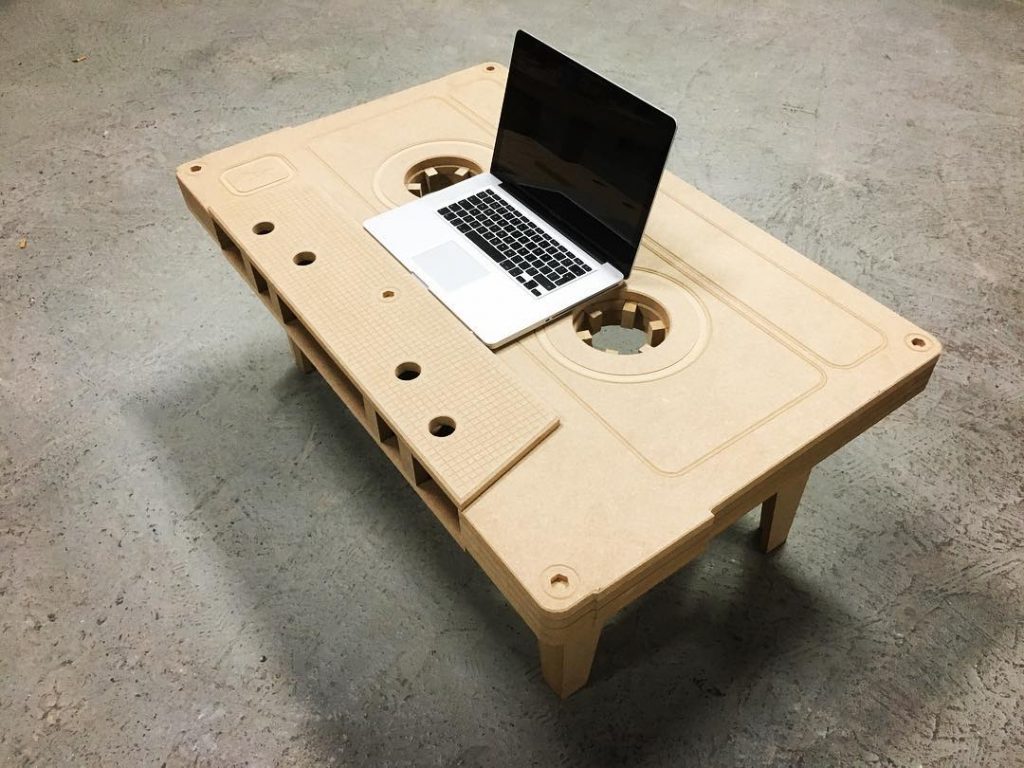
Source: Instagram
Do you have special advice you’d like to share for music professionals who are trying to build a solid career and rely 100% on their music?
I do not think I am an expert but let’s pretend. Let’s face some facts. In my starting days’ party’s were small. Maybe 300 people with a local DJ. It’s possible in this “ covid “ time that we will get a total reset of the music industry. Back to basics. I would advise you young ones to organize parties like we old ones did as soon as possible. Small communities.
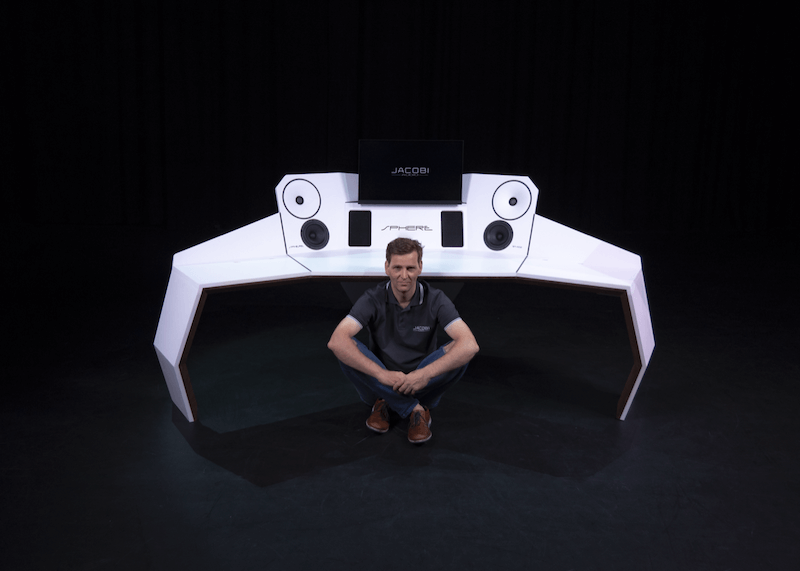
Pure music. Pure love. Pure intentions and go from there. The current music industry is more powerful than creativity. Let’s build a new future. Be a pioneer.
This is the time of opportunities.
Thank you so much for your time and information, Mischa.
Best,
Llane

